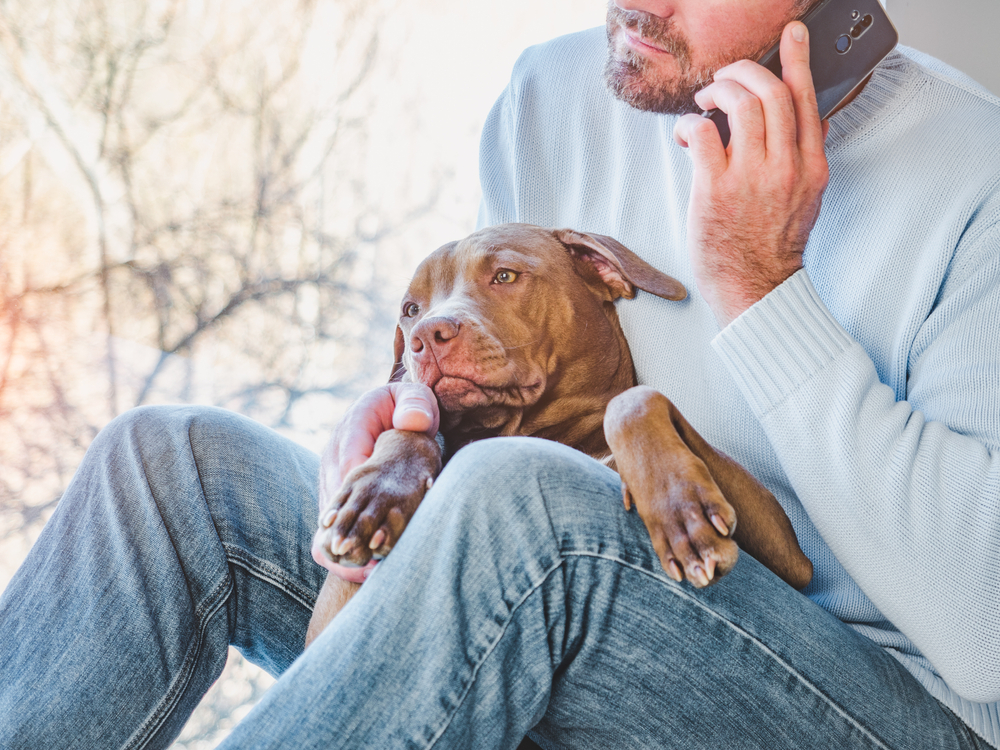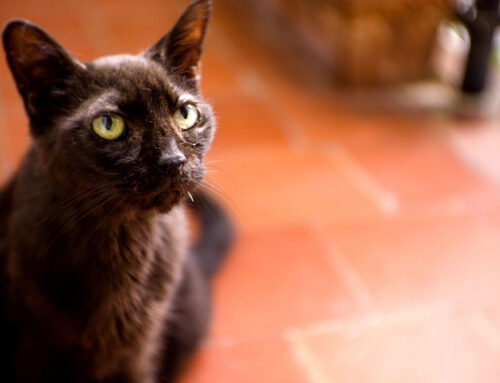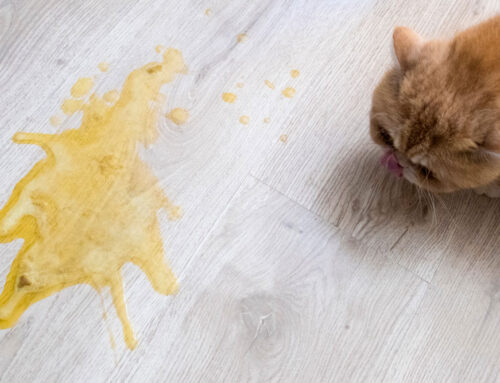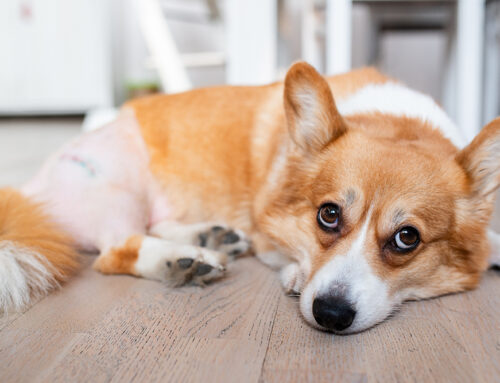Most of our furry friends become excited at the prospect of sharing a holiday meal with their household humans, but many holiday foods are unsafe for pets. The constant aromas of baked foods may overwhelm you with the temptation to pass on the joy to your pets, but you must find a way to resist. This year, the LaGrange Veterinary Hospital team has listed the many ways you can engage with pets to ensure they feel the holiday spirit without the dangers associated with toxic food, treats, or scraps.
Why are holiday foods dangerous for pets?
Sharing holiday food with pets may seem like a good idea, but you will likely regret that decision when you and your beloved furry pal are up all night as they run outside to use the bathroom, have accidents in the house, or vomit on your bedspread. And, stomach upset and other illnesses caused by holiday food are not only messy but can make your pet feel unwell, which leads to stress, concern, and a ruined holiday.
Some of our concerns about feeding pets holiday food include the following potentially life-threatening health conditions:
- Pancreatitis — The pancreas can become inflamed after a sudden ingestion of fatty food, such as turkey skin, meat drippings, or gravy. Vomiting, abdominal pain, lethargy, and poor appetite are the most common clinical signs. Hospitalization and intensive care are often required for a pet’s recovery.
- Toxicity — Toxic food ingredients can lead to poisoning, with variable signs ranging from mild stomach upset to seizures, coma, collapse, or death. Common toxins include chocolate, xylitol, raisins, garlic, and onions.
- Foreign body obstruction — Turkey or ham bones can lodge in or damage the intestinal lining, necessitating emergency surgery. Your pet needs an examination and X-ray if you think they may have consumed an animal bone, or if you notice a stomach upset.
Pet-safe treat alternatives for holiday fun
Rather than feeding your pet food from the table, consider other ways to engage them in holiday activities and fun that do not involve scraps or unhealthy treats. Try the following alternative activities:
- Feed a pet-safe holiday meal — If your pet generally tolerates new foods with no problem, you can cook them their own holiday meal instead of sharing yours. Small amounts of white-meat poultry and plain holiday vegetables, including pumpkin, green beans, potatoes, or carrots, are a tasty start. Do not use butter, oil, or spices in your cooking for the safest possible outcome.
- Go for a wintry hike — Food does not always equal love, especially for overweight pets. Although pets may prefer to stay in and eat, cooler temperatures provide ideal outdoor exercise weather. Try hiking with your dog through a park or natural area and soak in the winter beauty together.
- Play fetch in the snow — Does your dog enjoy playing in the snow? For a ball-motivated pup, a rousing game of snowy fetch can be as fun and rewarding as eating a meal. Get out there and throw the ball until your arm falls off, or until your pet finally gives up.
- Purchase a holiday-themed pet toy — Holiday-themed pet toys abound in almost every store during the holiday season. Purchase a few items that will mentally and physically engage your furry pal in stimulating play, and that match your holiday decor.
- Expand your social circle — If you live near a metropolitan area, you may have access to dog meetup groups or canine social events held at local pet businesses, such as boarding facilities or veterinary hospitals. Take your social pet to meet and mingle with others for a fun-filled and treat-free holiday-themed day.
Preparing for a holiday food incident

If your pet accidentally eats unsafe holiday food, you’ll want phone numbers at the ready to seek urgent veterinary advice or emergency care. Keep these contacts handy, so you can reach out when you need them:
- For pet poisonings — Call the ASPCA Animal Poison Control Center or the Pet Poison Helpline.
- For upset stomachs — Contact our LaGrange Veterinary Hospital team.
- For after-hours care — Contact your nearest veterinary emergency hospital.
The holidays are riddled with the potential for pets to have an accident, become overly stressed, or come down with a mysterious illness. Call us to schedule a visit for a pre-holiday wellness check or if your pet needs urgent veterinary care this season.








Leave A Comment